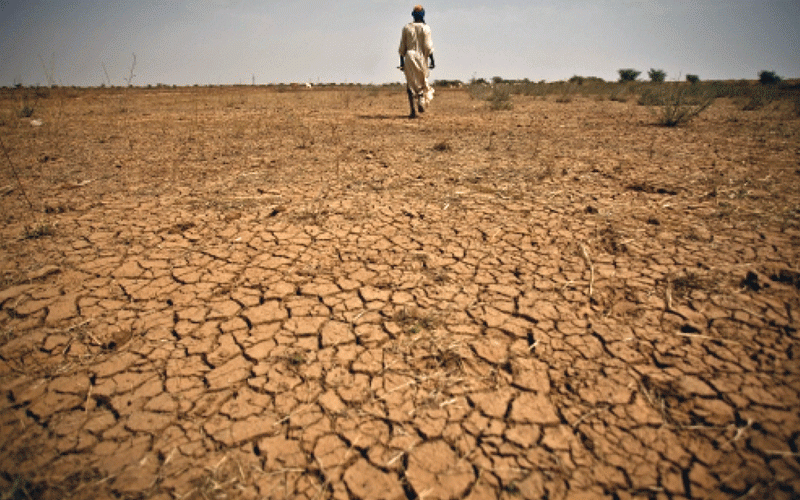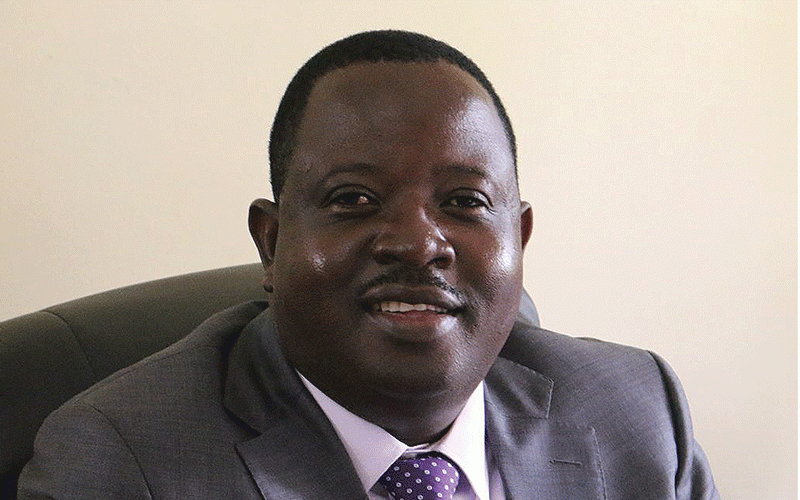
THE United Nations (UN) Assistant Secretary-General — Climate Crisis Co-ordinator for the El Niño Response Reena Ghelani has challenged investors to invest in climate change in underdeveloped nations to stop millions of people from migrating to countries with better food security and incomes.
Zimbabwe, historically vulnerable to the detrimental effects of El Niño, is currently grappling with a severe food insecurity crisis which the government estimates will impact more than six million people.
The 2024 El Niño-induced drought resulted in widespread crop failures, with 40% of crops performing poorly and 60% completely written off.
This has drastically reduced food access and dietary diversity, exacerbating existing socio-economic vulnerabilities, particularly in rural communities reliant on rain-fed agriculture.
The drought has also intensified water scarcity, affecting 2,6 million people and increasing the risk of waterborne diseases like cholera, which has already had over 31 000 cases and 591 deaths since February 2023.
Ghelani made the remarks on Thursday during Press briefing after a tour of Matobo district in a bid to hold consultations with government officials, UN development and humanitarian partners, NGOs and communities to understand the impact of El Niño, support resource mobilisation and help advocate with stakeholders for increased support to the response.
Ghelani said in 25 years’ time most people in underdeveloped countries were likely to migrate to countries that offered better lifestyles than in Africa.
“Estimates that are there reveal that by 2050, if we continue with this pace, we are going to see lands that are no longer useful for agriculture or sea levels rising and communities being displaced in search of food or income. We could see up to 80 million people migrating to find safety,” she said.
- COP26 a washout? Don’t lose hope – here’s why
- Under fire Mnangagwa resorts to Mugabe tactics
- How will energy crunch transition impact transition to renewables?
- COP26 a washout? Don’t lose hope – here’s why
Keep Reading
“So it is a huge number and the message I want to bring out is that it makes sense to invest now. It is going to be cheaper and create a much better future for people and cause less suffering.”
Ghelani said Africa only produced less than 4% of greenhouse gas emissions yet major impacts were being felt on the continent.
“The climate crisis is here today and so my message is that we do not have time to wait, we need urgently to be investing in communities and supporting governments on not only mitigating climate impacts but also reducing emissions and helping communities to adapt to the changes that we have seen and it’s very urgent,” she said.











